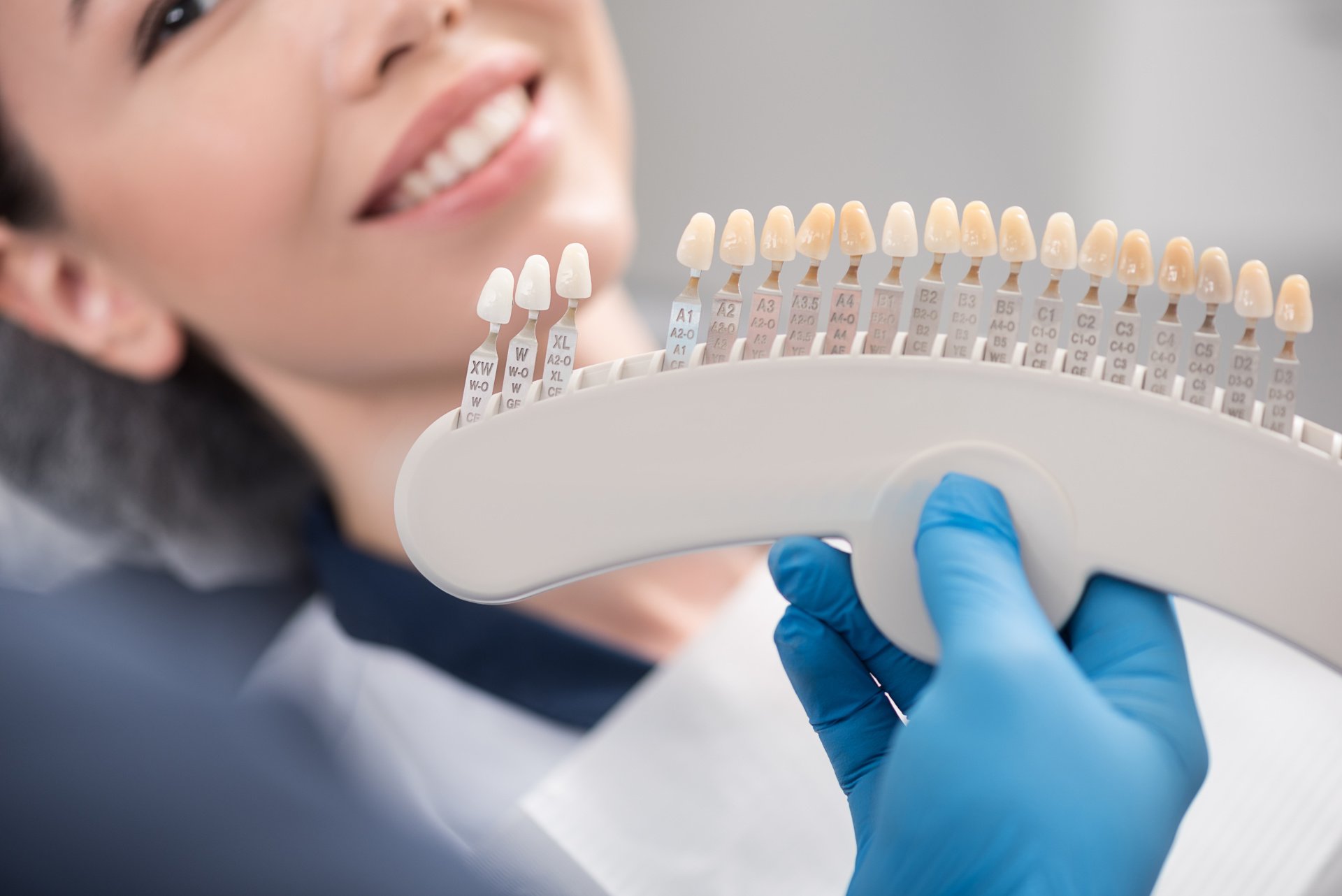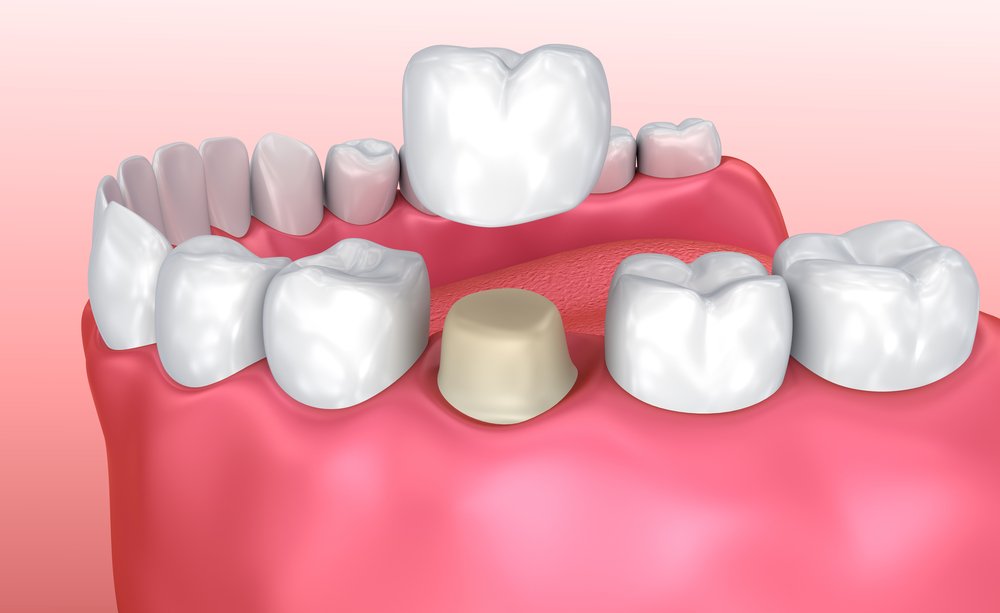
Are Veneers for You?
February 28, 2019
Everything You Need to Know About Dental Crowns
March 27, 2019
Chewing gum is such a simple everyday task that we don’t think much about it. We tend to just pop the gum into our mouths and carry on with our day, but if you aren’t careful and you could be chewing the wrong type of gum and hurting your oral health.
In this blog, learn more about how chewing the wrong type of gum could be harming your oral health and discover what you can do to prevent these problems from occurring.
Choose Your Gum Carefully
There are two types of chewing gum: sugar-free gum and traditional sugar-filled gum. Both of these types of gum look similar and come in similar packaging, but only one is good for your oral health.
Chewing a traditional, sugar-filled gum you could cause a number of dental problems ranging from cavities to gum disease and tooth damage. However, chewing sugar-free gum could actually be improving your oral health.
When choosing the type of gum you chew, you want to look for the following things:
- Labeled as sugar-free
- An ADA (American Dental Association) Seal of Acceptance – not all sugar-free gums will have an ADA seal on it, but if there is an ADA seal on the packaging it is safe to chew
- The sweetener xylitol listed in the ingredients. Other tooth-friendly sugar-free ingredients include sorbitol and mannitol.
If you are unsure if a certain type of gum is sugar-free or not, it is better to choose not to chew it.
The Dangers of Chewing Sugar-Sweetened Gum
Chewing gum with sugar puts you at an increased risk for developing cavities, severe tooth decay, gingivitis, and gum disease. Your risk for developing these oral health problems increases because harmful bacteria, which are present in the mouth, feeds off the sugar used to sweeten your gum.
The harmful bacteria, if left for prolonged periods of time in the mouth, can cause your gums to become inflamed, swollen and red, and infections to develop around the teeth and gums. By chewing sugar-free gum, you can dramatically reduce your risk of developing these types of oral health problems.
The Benefits of Chewing Sugar-Free Gum
While chewing sugar-sweetened gum may be harmful to your oral health, chewing sugar-free gum can have the opposite effect. It can actually help you improve your oral health by:
- Increasing saliva production – saliva can neutralize harmful acids in the mouth that can cause cavities and other dental problems
- Removing food particles from the mouth – chewing gum after a meal can help you remove food particles that may have become stuck between your teeth
- Strengthening teeth
- Reducing your chances of developing tooth decay
A Good Oral Hygiene Routine is Still Needed to Keep Your Teeth, Gums and Mouth Healthy
Even though there are benefits to chewing sugar-free gum, it is still important that you develop good oral hygiene habits. By chewing sugar-free gum and practicing good oral hygiene you can reduce your risk of developing serious dental problems.
Good oral hygiene habits you should be practicing include:
- Brushing at least twice a day – ideally, you would brush after every meal but if you cannot do that you should brush twice a day
- Flossing once a day
- Using good dental equipment to brush and floss
- Using the right brushing and flossing technique so you properly remove plaque and food particles
- Scheduling regular dental checkups and professional cleanings – dental checkups and cleanings should occur every four to six months
- Following through with any recommended dental work
Have additional questions or concerns about how chewing gum can affect your oral health? Feel free to ask Dr. Langley during your next appointment. Dr. Langley will be able to answer any questions you have about chewing gum and how it helps or hurts your oral health. She can also help you create an oral hygiene routine that will keep your teeth, gums, and mouth healthy.
Call the office at Langley Dental Care to schedule an appointment. We look forward to helping you improve your oral health!



